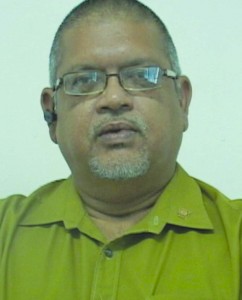The Private Sector Commission (PSC) has termed the year 2010 as very successful in various aspects of its

intervention and programme; and has, further, predicted growth in all the productive sectors: business investments, employment creation, and profits, due to a stable economy.



